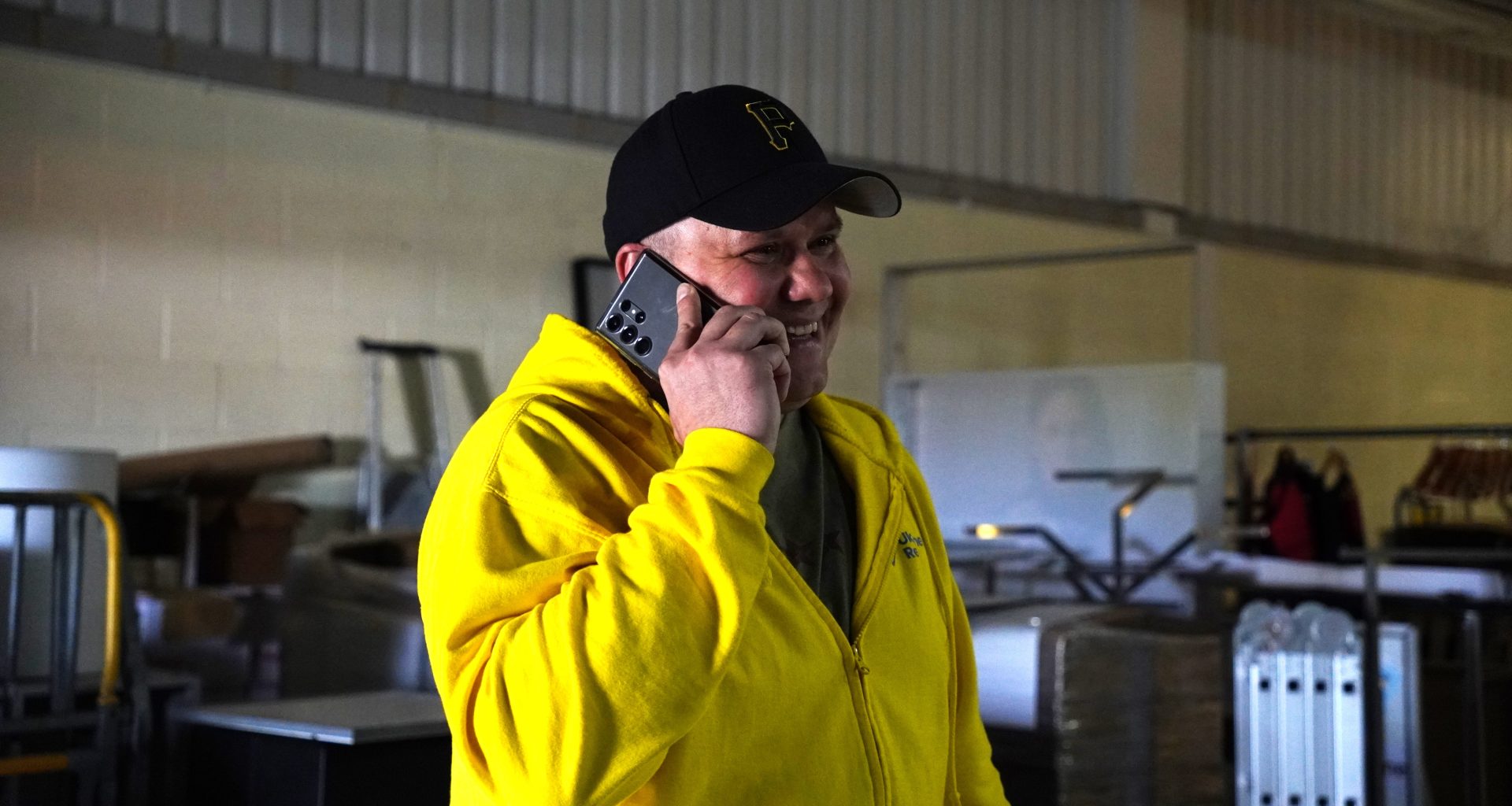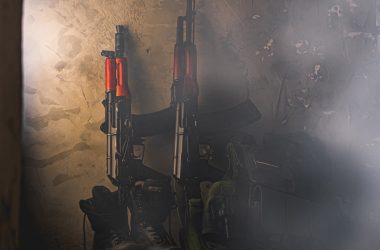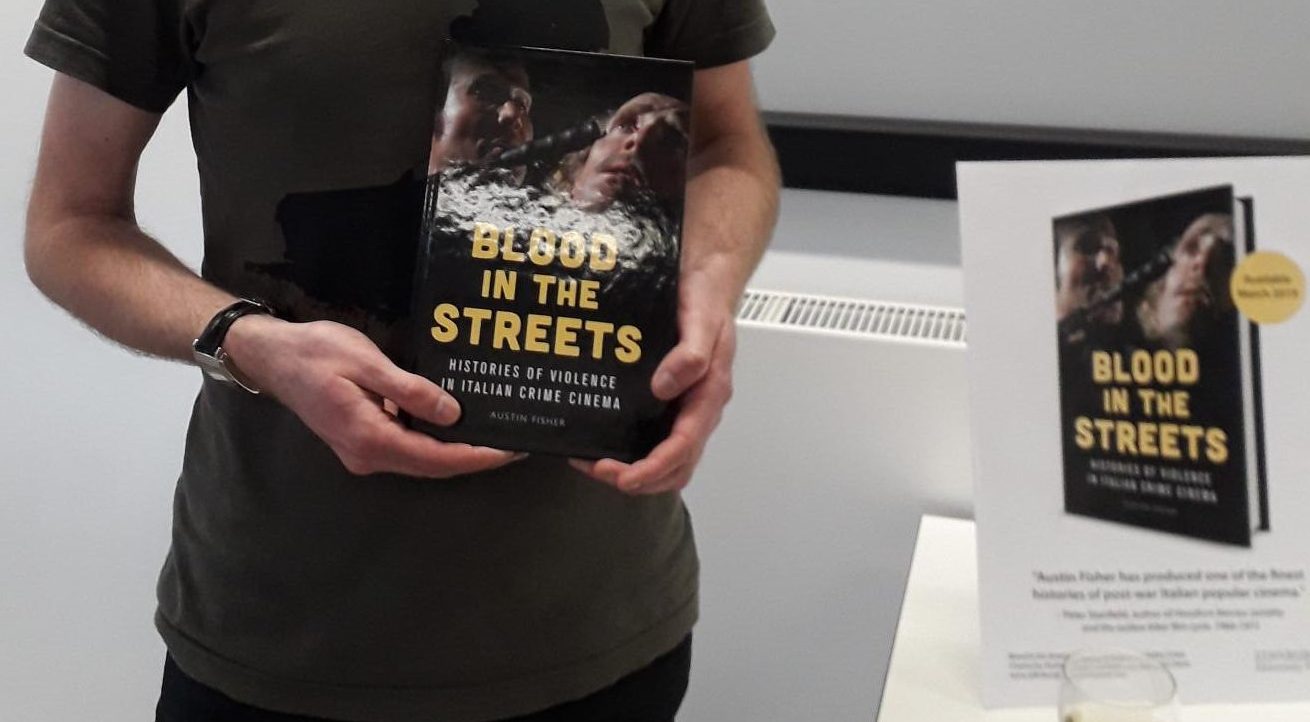“Dzień dobry, panowie.” In Polish, that means good morning, mister.
“Dobry, how are you?” Someone greets the energetic Polish man as he run towards a playground on a sunny morning. He looks a bit like a happy bear who had just woken up from hibernation, and was wearing a big smile on his face.
There has, however, been no ‘hibernation’ for him since February 2022, when his life was turned upside down. He is Karol Swiacki, a musician, CEO and founder of the Ukraine Relief Charity in Bournemouth. Working for Ukrainians in need, he and his team have sent thousands of people’s donations to the part of Ukraine where the Russian-Ukrainian conflict is most intense. In the same year, he also won the BBC Radio Solent’s Make a Difference Awards.
“Sorry, I have to hold my phone when I run,” he says as he stretches to warm up.
“Is that to check your heart rate?”
“No, I have to be ready for any notification. It’s always a lot of work. You never know what will happen.”
Then he starts his 30-minute morning run.
Swiacki’s days and evenings now revolve around his commitment to humanitarian aid for the Ukrainian people. The Ukraine Relief Donation Centre in Bournemouth’s Castlepoint Shopping Centre is open every Tuesday, Wednesday and Thursday from 10am to 4pm, but that’s only part of Swiacki’s time. Seven working days, 12 to 14 hours a day, are waiting for him every week.
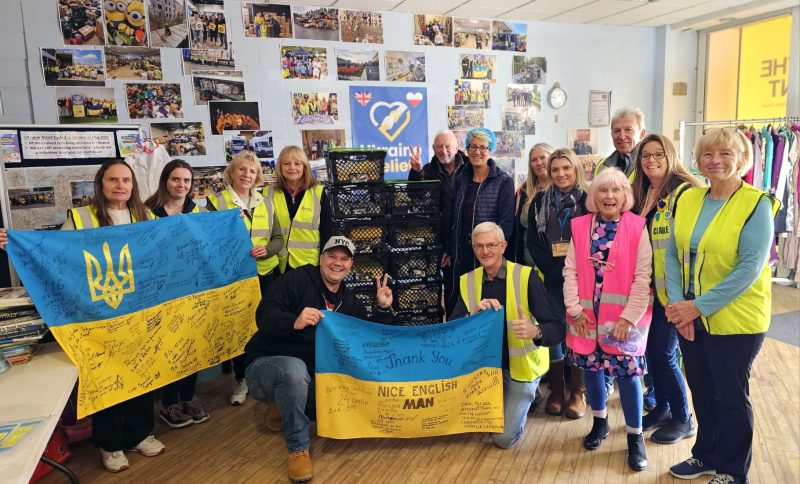
“I used to have dinner. Not any more,” Swiacki says, still running. “I’ve got a lot of work to do. I have to take care of the loads and get the aid trucks to the right place. I only have lunch now.”
He shows the list of messages on his phone. Hundreds, if not thousands, of pieces of information are constantly being updated. Many people wanted to donate and volunteer, and people were sending him pictures and videos of the current situation in Ukraine.
Starting with thousands of volunteers in the first few months of the war, Ukraine Relief Charity now has a core team of almost a hundred people working together, including branches in Poland and Ukraine. After almost 800 days of war, they’ve sent nearly 5,000 tonnes of aid to the people of Ukraine, and have recently been receiving 20 tonnes a month, says Swiacki. And they all do it voluntarily.
“I am the only one employed, because the board of trustees persuaded me to get a living allowance after 10 months. The rest are volunteers and I have such respect for them. These people want to do this because they want to help others. That’s how we bonded, and I’m happy that we’ve created a fantastic team from the community.
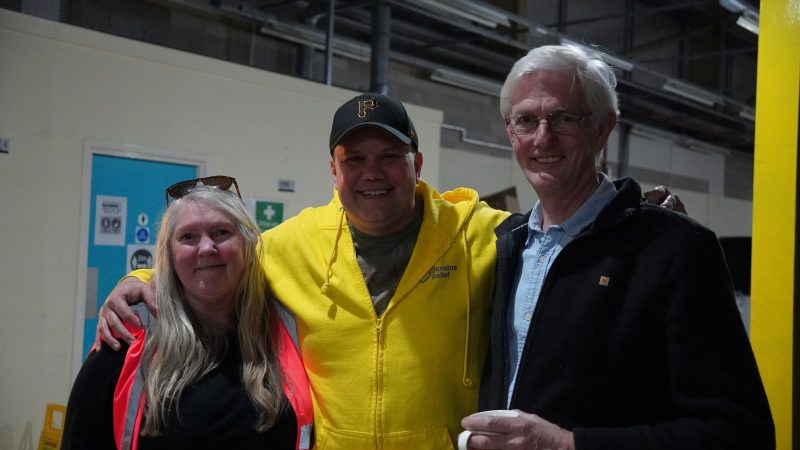
Swiacki stopped to pick up a mattress on the ground and put it out of the way. He did not want anyone to trip. The caring trait was something you could usually see in him when he was running. He noticed everything, whether it was a mattress, saying good morning to people he might not know, or being grateful for what he had at that moment.
“You see, the blue sky, green grass and lots of trees with birds singing beautifully are not things we can get everywhere,” he says. Perhaps that is why he is able to connect people who volunteer for the organisation.
A musician, Swiacki is an emotional person. He admits that he has often cried over music. But it is not a weakness, he says, as he believes it brings people together.
“I think my experience in entertainment has helped me to make this organisation successful,” he says. “If you want to have a team behind you, you have to show them your love. And that’s what you do as an entertainer. I’m just doing what I would do on stage, but it’s a very tough subject. It’s painful for a lot of people.”
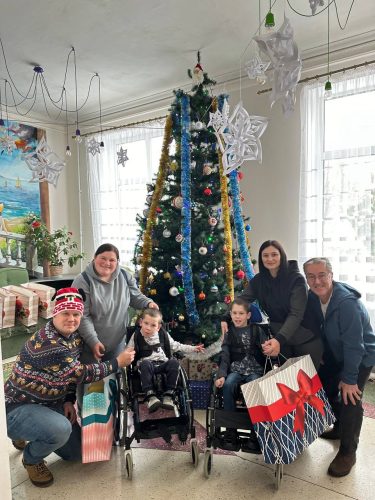
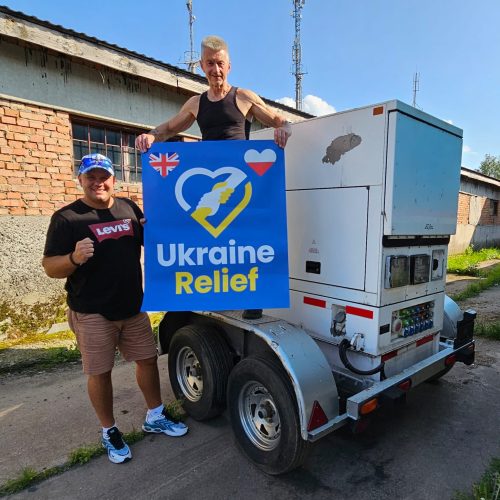
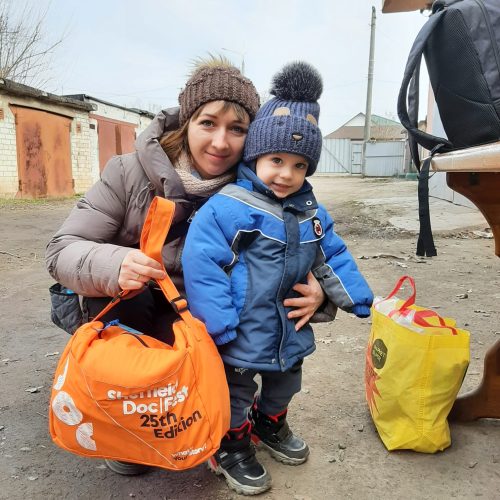
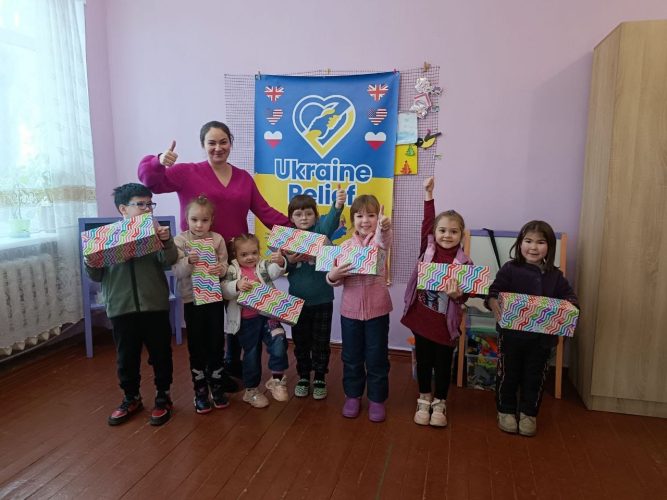
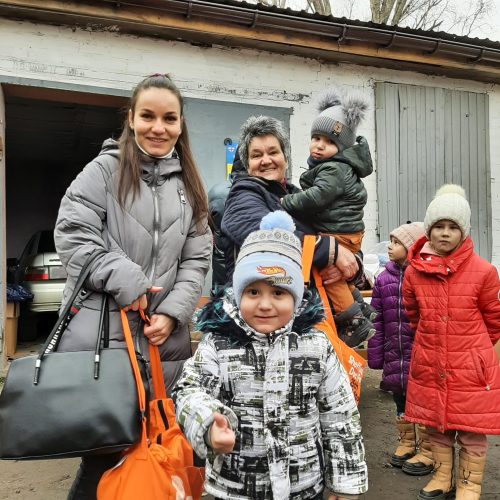
Since he now spends most of his time with the families who are in pronounced need of help, he is unable to spend time with his own. Asked about his family life, his face changes.
“Our life was turned upside down because there was no music, no normal work when we could not sleep normally. I had bad moments with my family and my children,” Swiacki says. “It was hard.”
His wife, Daria, and children used to go on stage with him. He missed the days when they would set up musical acts together, and his kids danced around. They are now helping him at the Ukraine Relief Donation Centre.
But he doesn’t want to take them there too often, only when he needs their help.
“I don’t want to push the issue too much for them, because they’ve been dealing with the war in Ukraine for so long. It will affect their lives in the future,” Swiacki said.
After a long day, he has neither the time nor the energy to take his children to class or to the playground.
“I was working so much, but I had no choice. I felt inside that my children’s sacrifice would be for the thousands in Ukraine,” he says. “They will see that it is important to help others and change the world if they can.”
Thirty-five minutes have passed. Swiacki slows down. He looks up at the sky and takes a deep breath. From the look on Swiacki’s face, it seems to be a dzień dobry for him.
“You know, as a musician I want to make people smile,” he says. “And I will give the Ukrainian people a reason to smile again.”





